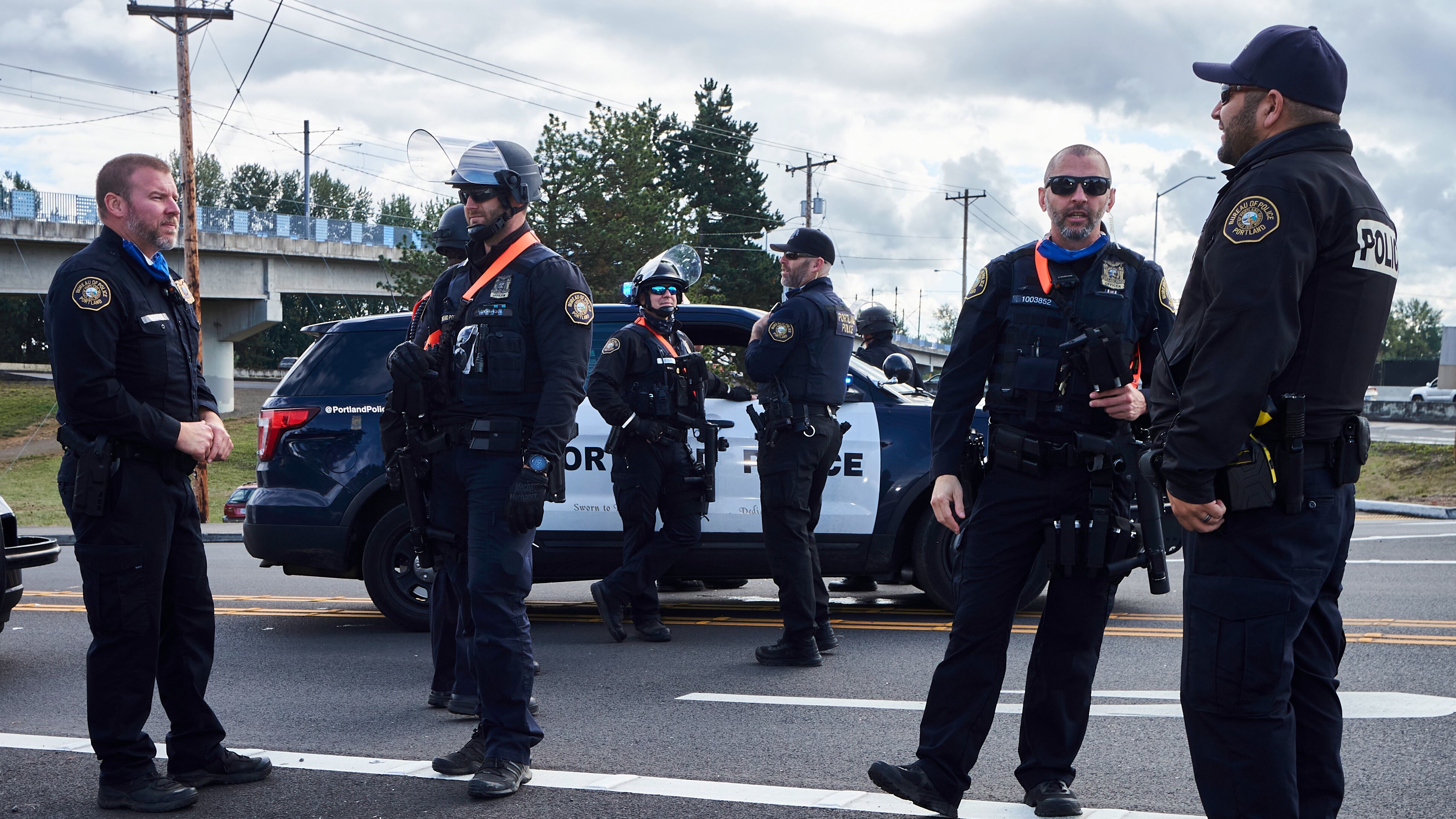The Portland City Council is barreling toward a Wednesday showdown as it seeks to make changes to a government reform voters passed—this one forming a new body to investigate and discipline police officers.
In the fall of 2020, 82% of Portland voters approved a ballot measure that would create a new police accountability body that would have the authority to investigate and discipline officers accused of misconduct, funded by an amount equivalent to 5% of the Portland Police Bureau’s annual budget.
This September, following two years of work, a 20-member advisory committee submitted to the City Council its final proposal for what that accountability body should look like: a 33-member board that would have authority to investigate citizen complaints of police misconduct and discipline officers found guilty. None of the board members could be cops or related to anyone in law enforcement.
The City Council wasn’t entirely pleased with their work.
WW first reported in August on the City Council’s searing feedback to the advisory committee’s proposal. In a number of City Council meetings this fall, Mayor Ted Wheeler and his colleagues called into question the legitimacy of the proposal, with Wheeler saying: “When it comes to police oversight, we’ve seen specific examples where police oversight boards have exploded in spectacular style due to a loss of legitimacy.”
He added: “I also don’t want two years from now somebody saying, ‘How could you guys not have seen this mess coming?’ if it goes the way I think it could go.”
The City Council this week will present an edited version of the proposal, which would make some significant changes to the scope and composition of the future accountability body. The Oregonian first reported on the City Council changes last week.
First, the City Council wants only a 21-member body. Members would be nominated by a committee composed of three law enforcement officials (one from the police union, one member appointed by the police chief, and one from another law enforcement body), one Portlander from each of the city’s four geographic voting districts come 2025, and two members of the city’s current police accountability bodies. They would nominate members to the City Council, which would give the final seal of approval. The City Council’s proposal would also move most investigatory and findings meetings of the body into closed session, away from the public eye.
Certain parts of the advisory body’s proposal are immovable; that’s because the ballot measure, which is law, mandated a number of provisions. Those include subpoena powers and a requirement that members of the body cannot be former or current law enforcement officials, nor can they have an immediate family member who’s in law enforcement.
But the City Council added a clause to its proposal that would, in theory, ensure that the accountability body doesn’t swing too far toward a punitive approach: “Any individual who has a demonstrated bias for or against law enforcement” would not be eligible to serve on the body.
If the City Council approves its own version this Wednesday, the document will be sent to the U.S. Department of Justice for review (it must comply with a 2014 DOJ settlement agreement with the city).
Tim Pitts, a former member of the the Police Accountability Commission, the advisory committee that crafted the initial proposal, tells WW he’s extremely disappointed by City Council’s proposal.
“City Council disrespected us, the process, and the citizens who voted for measure 26-217 by completely ignoring our hard work and decimating our proposal into 27 pages of code,” Pitts says. “They removed countless critical pieces that the community demanded and inserted wild proposals that no one asked for. They did not once ask us for feedback or input. They are trying to ram this through without the public realizing what they have done.”
It’s not the first time that this City Council, which moved rightward in 2020, has sought to curtail a progressive measure approved by the same voters who elected the current commissioners. This fall, City Commissioners Rene Gonzalez and Dan Ryan put forth a slate of changes to the 2022 charter reform measure that Portlanders approved to overhaul the city’s current form of government. Their reforms met fierce criticism from their colleagues, including Mayor Wheeler.

